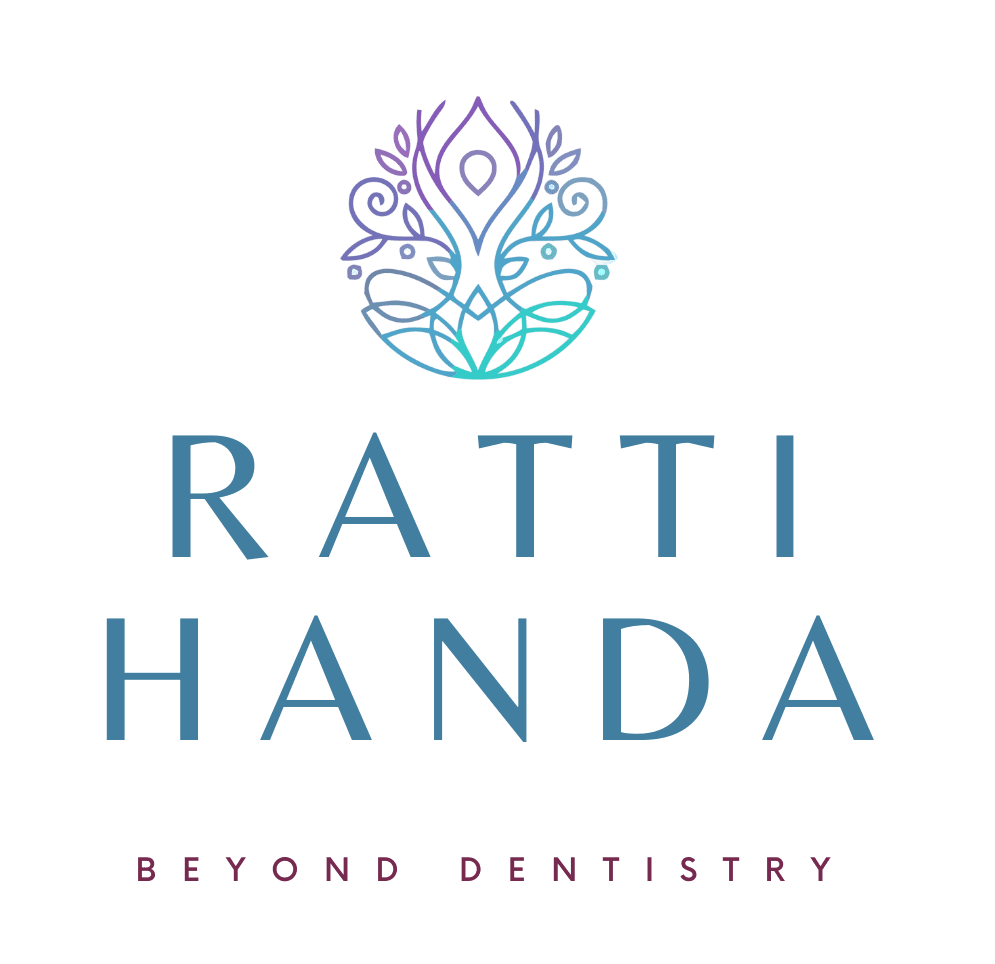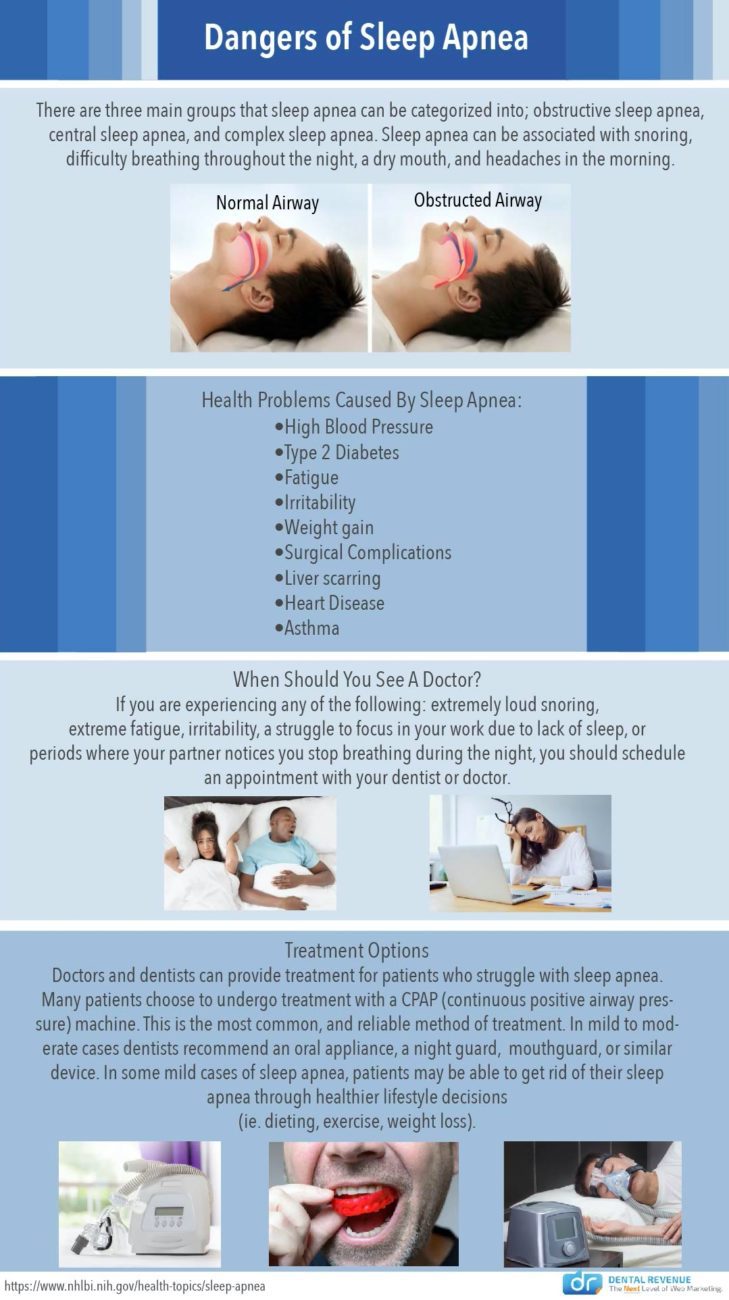Dr. Handa provides complete care for sleep apnea with airway centered dentistry. We welcome children and adults who have been recently diagnosed with sleep apnea or who may have concerns about the quality of their sleep. If you have been told that you snore, are often tired and groggy during the day or are experiencing any other signs of a sleep problem, it is important to seek an evaluation as soon as possible.
Signs and symptoms will vary from patient to patient. They are also different in children when compared to adults. Dr. Handa offers the highest standard of care using scientific based techniques when treating her patients. As a VIVOS dentist in Acton, she stays informed on the latest studies and treatment therapies.
What causes sleep apnea?
There is a range of factors that can lead to sleep apnea but for many patients, the underlying problem is an airway issue. Sleep apnea is a sleep disorder that occurs when the airway becomes obstructed. This obstruction will cause the patient to stop breathing multiple times during the night while they are sleeping. They will briefly wake up to start breathing again. This cycle can occur hundreds of times while they are sleeping. Since this occurs during sleep, many people do not even realize they have sleep apnea.
There are risk factors for developing sleep apnea, most of which are influenced by an airway issue often related to the oral structure of the palate and jaw. Many adult patients with sleep apnea or sleep disordered breathing were mouth breathers from a young age.
Sleep apnea can occur in both children and adults. Treating it at an early age can resolve problems, improve oral health during developmental years and minimize other related health risks.
Common risk factors for sleep apnea can include:
- Overweight, obese
- Male
- Diabetic
- Large neck circumference
- Smoker
Dr. Handa screens for the signs of sleep apnea in general dentistry patients and works with patients seeking treatment for a diagnosed sleep disorder.
Oral Appliance Therapy for Sleep Apnea
Dr. Handa offers a range of treatments to address sleep apnea. She uses advanced 3-D imaging to thoroughly evaluate all aspects of your oral and jaw structure for use in your diagnosis and treatment. Dentists often suggest an oral appliance and may use it in combination with other treatments that can include orthodontics.
There are a variety of oral appliances available to help with your sleep apnea. Dr. Handa will find the one that works best for you. You will wear this mouth piece at night while you sleep to help control your sleep disorder. It will help prevent your airway from collapsing. The custom made oral mouth piece will hold your tongue in place and push your lower jaw forward. This will prevent your air from becoming obstructed while you are asleep.
A narrowed palate and overjet can also cause crooked teeth. Repositioning the teeth while expanding the palate can open the airway and allow for deeper natural breathing. Dr. Handa may recommend correcting your teeth with Invisalign.
Sleep Apnea Treatment Frequently Asked Questions
Can I treat sleep apnea myself?
Not really. In most cases, sleep apnea requires professional medical diagnosis and treatment. However, there are lifestyle changes you can make and incorporate into your management plan. For instance, you take steps to lose weight, exercise regularly, and quit smoking.
But those aren’t replacements for professional medical care. It’s important to consult with a sleep specialist or your doctor if you have sleep disorders and need a treatment plan. Your doctor might suggest using a CPAP machine or even exploring surgical options if necessary.
At what age do you develop sleep apnea?
We can develop sleep apnea at any age. However, the condition is most common in middle-aged and older adults. It is important to point out that the risk does increase with age. The peak prevalence seems to be in patients in their 60s and 70s. However, the condition does not spare younger people. They can also develop sleep apnea.
Will sleep apnea go away if I lose weight?
Weight loss can improve mild to moderate obstructive sleep apnea in some patients. But it is by no means a cure for severe sleep apnea on its own. Severe sleep apnea will often require medical therapies and additional lifestyle changes.

